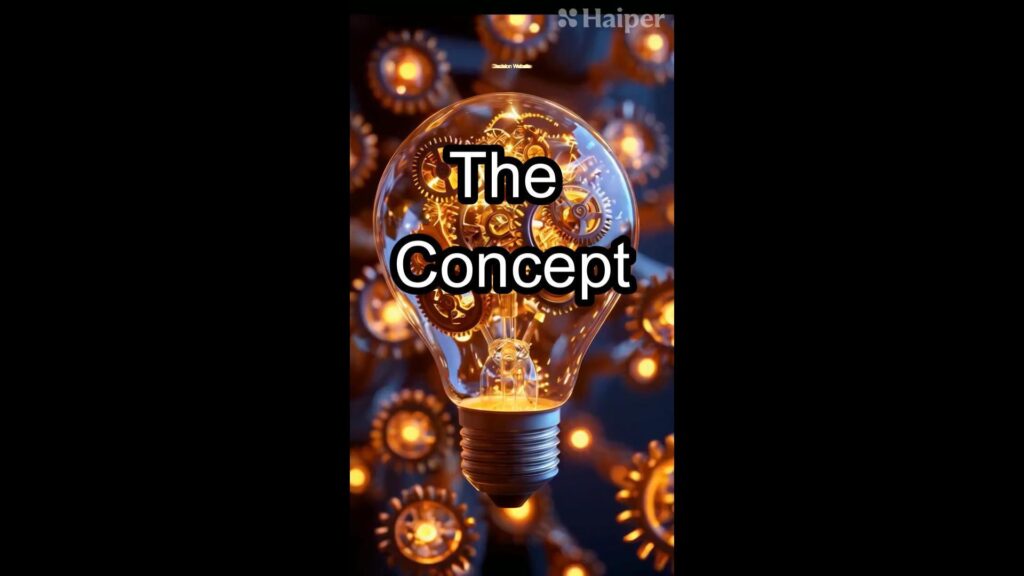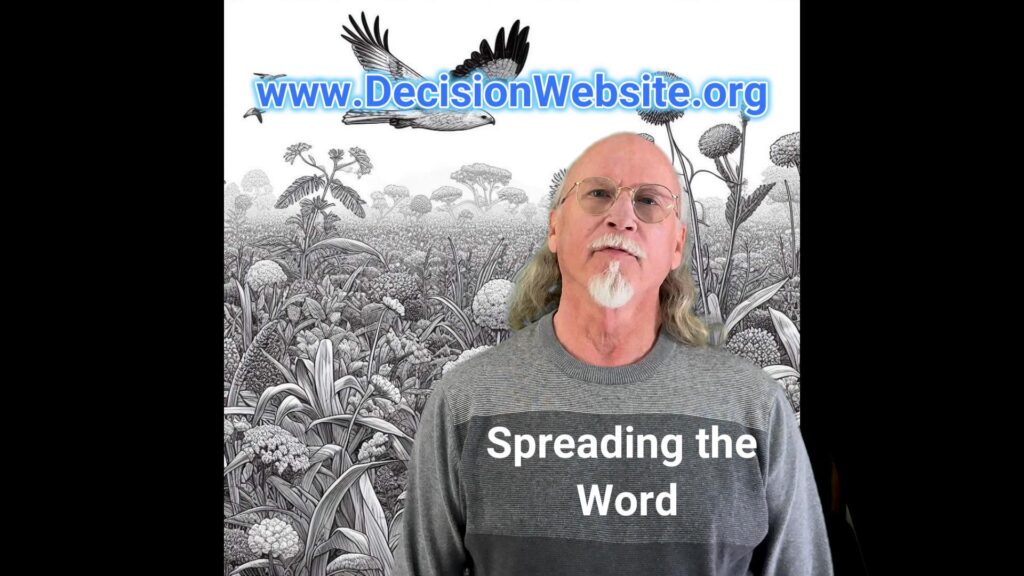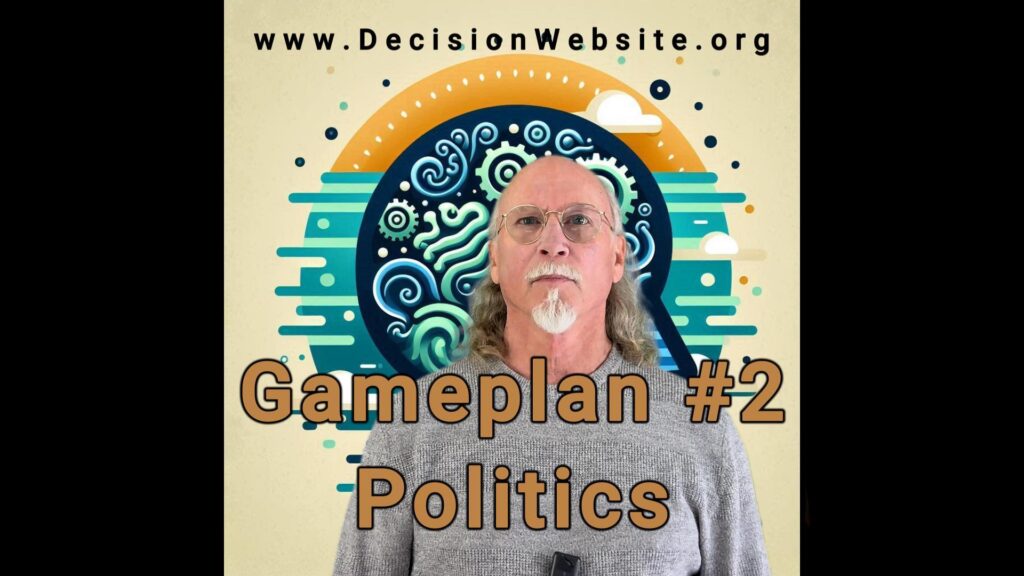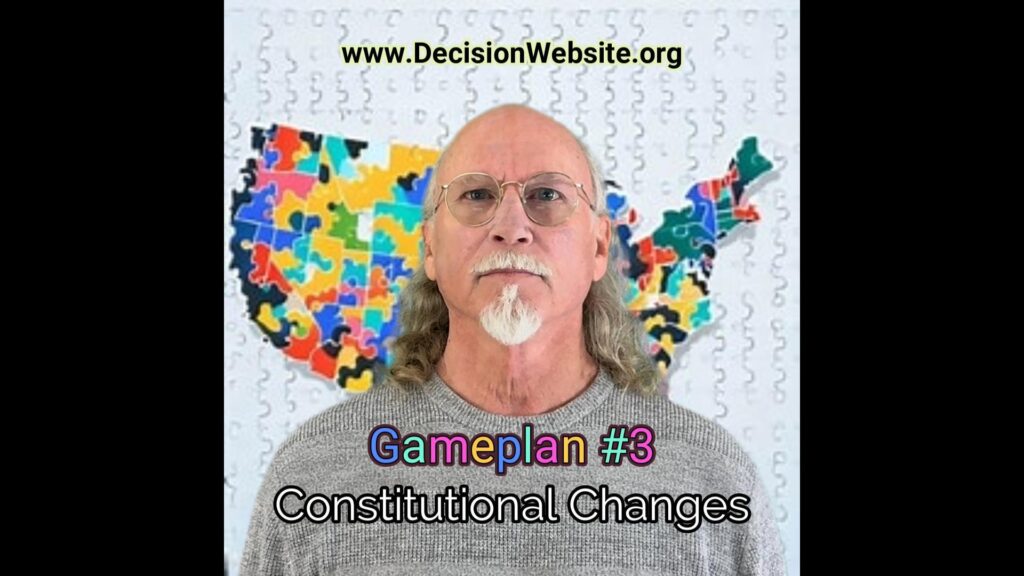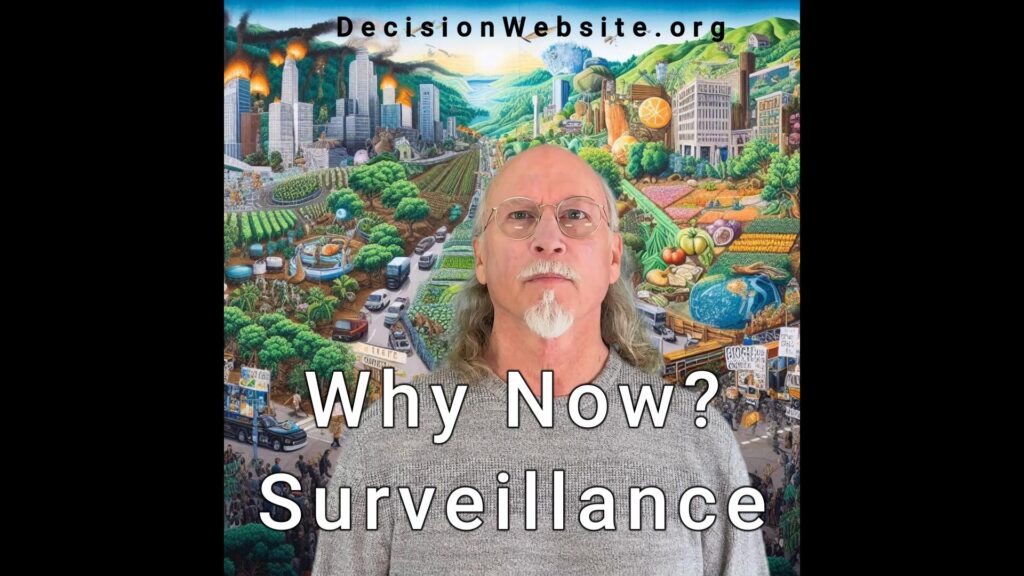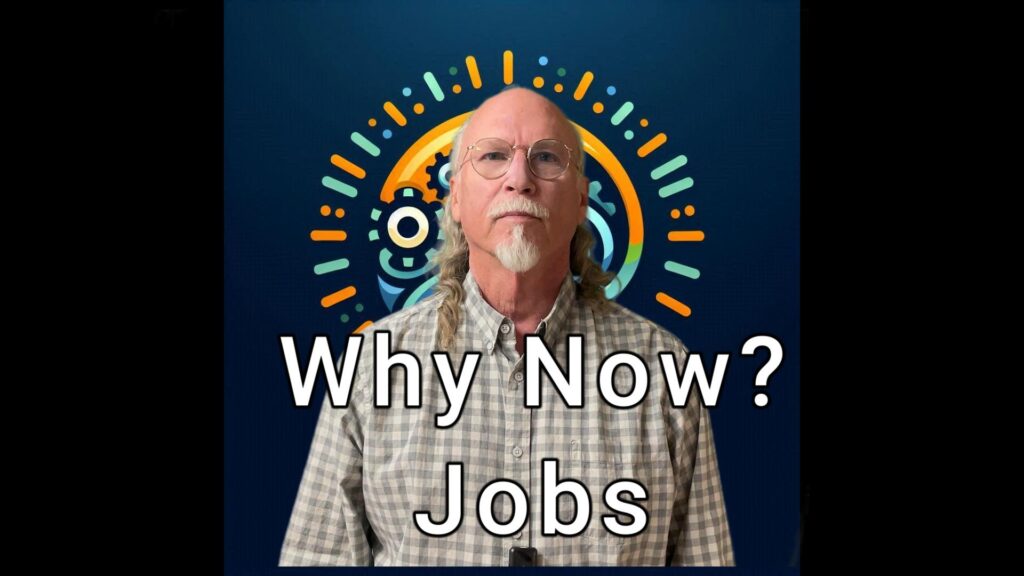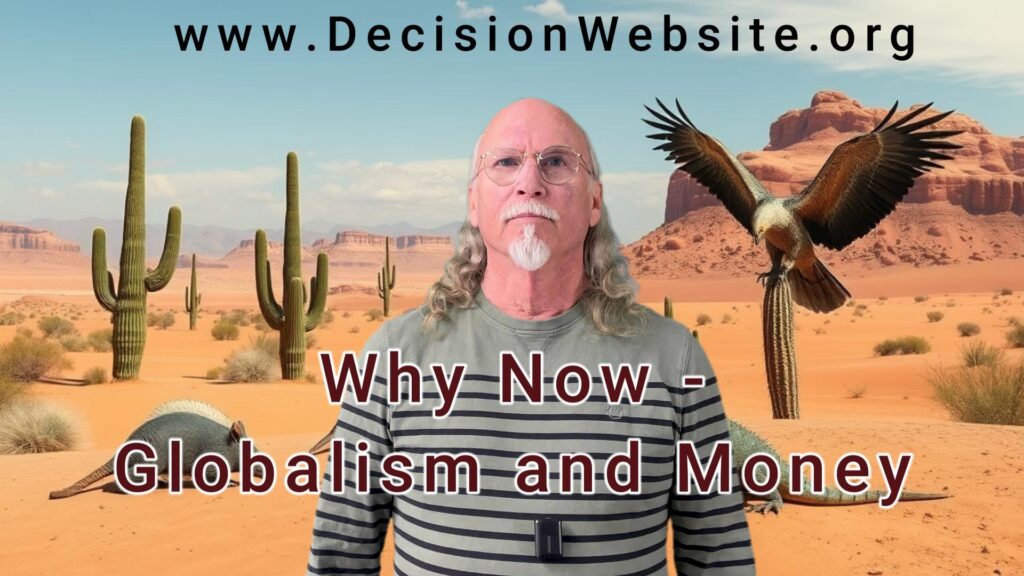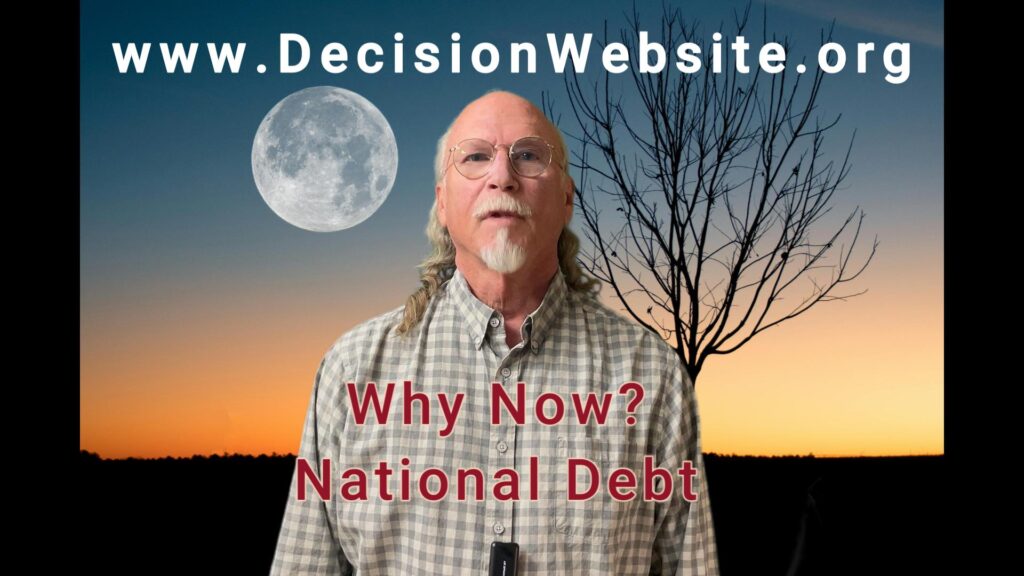Problems with Representative Democracy
.
America’s political system is not just plain “democracy.” It’s a specific form of democracy called “Representative Democracy”, also referred to as a republic. This is where we vote for other people to make our decisions.
.
Here’s what’s below…
.
.
It is quite possible that representative democracy was our best choice in 1787 when we signed our constitution. And it may have been the best choice up into the twenty first century. But the world is changing fast, and it only makes sense to analyze and critique the fundamentals in our democracy. At the very least, we should examine any loopholes or flaws.
.
![]()
The founders actually considered the idea of Direct Democracy.
Then: Riding your horse to vote. Now: the Internet.
![]()
.
For a broader definition…
.
A representative democracy has some basic problems. First, we are trusting an individual to do what’s right for all of the citizens. I think we can agree that a representative can have flaws. Representatives are self-interested no matter how much they want to be objective and serve the public. Representatives are watching their re-election, wealth, and exit strategy. Representatives make mistakes that they hope to hide, making them less than truthful and susceptible to corruption. Representatives are vain, egotistical, and biased… just like all of us.
.
Second, we are giving substantial power to a very small number of representatives in our country. When people get a taste of real power, it changes them – and not usually for the better. History bears this out again and again. Along with power, we give representatives fame – intoxicating fame. It’s no wonder we see so many elderly long-serving politicians. It’s an ego thing and honestly it’s in all of us. So the problem isn’t just about finding good politicians.
.
Third, representatives struggle with clear and objective thinking. They are susceptible to close mindedness as they stand rigidly on long-held opinions, afraid of being accused of being wishy-washy or disloyalty. Representatives might hold grudges, juggle conflicting loyalties, and have limited time to learn. Hidden agendas, conflicting motives, and outside pressures add to their challenge. With 535 congresspersons, you’d think individual biases would balance out. But when corrupting forces like campaign finance and party pressure affects so many at the same time, that safeguard falters.
.
![]()
Can 535 congresspersons
really come up with our best ideas?
![]()
↑ TOP
One negative factor that came with representative democracy is the campaign. A person needs to campaign in order to be elected. Our history is full of shenanigans to get people to vote for a particular candidate. Twisting the truth, lies, psychological tricks, mudslinging, voter registration schemes, bribery, scare tactics, and re-drawing districts for political purposes.
.
And of course, we now have money as the primary factor in winning an election. That opened the door of influence to the wealthy and the corporate world. Now, peddling influence is just a given fact, as representatives are beholden to their sources of money. Politicians in office spend upwards of 50% of their work time raising funds for re-election. That’s not just in their last year of a term, but all of the time. How pathetic is that?
.
With campaign money becoming pivotal, industries have a method to gain influence. Politicians respond to the lobbyists, or lose their moneyed support come election time. Lobbyists even write the laws that politicians submit to congress (e.g. ALEC). These are the “Special Interests” we talk about, who push for laws benefiting them, without due concern for all of us citizens.
.
![]()
A stalemated congress has become the norm.
![]()
.
Another natural outcome from our representative democracy, is the party system. Political parties are supposedly a voting bloc, where citizens get together based on a common interest, and vote accordingly. That sounds fine, but as issues have gotten more numerous, the party tends to dictate all of your opinions on all of the issues. What if you support gun control and reduced government spending? There is no party for you. What if you support a choice on abortion and gun rights? No party available.
.
America has not comprehended how much power has drifted to the top of the political parties. The politicians are at the mercy of their party leaders so as to assure their support in the next election. That’s why politicians tow the party line. We see this clearly in the partisan stalemate in congress.
.
![]()
Political parties are not mentioned in the Constitution!
![]()
.
If you don’t conform to your party, then the party leadership won’t assign you to good committees. You won’t be asked to represent the party in televised speeches, thereby affecting your career. Support for the bills that you want to propose will be ignored by your own party in committees and by other politicians. Your party leadership can throw support behind a different candidate in your next primary. Political parties have put themselves in the driver’s seat of Congress by establishing Senate and House rules that perpetuate their power.
.
Our Constitution did not plan for this kind of party power structure. Political parties are not mentioned in the constitution. The founders recognized how likeminded groups might affect politics. That’s the simpler form of partisan politics. But the power originating from a party structure itself, coercing politicians to vote differently from their conscious, defeats our republican style of government.
.
![]()
There is a reason 3rd parties
gain no traction in the U.S.!
![]()
↑ TOP
The constitution dictates a winner-take-all election method. It just so happens that this method always eventually results in a two party system, not a three four five and so-on party system. It primarily has to do citizens not wanting to waste their vote.
.
Winning candidates must be very centrist. That doesn’t seem like a problem, except that alternate views from third party candidates don’t get heard. Those new ideas might become better understood and accepted, if we heard them debated. Other countries use the parliamentary system to allow more parties to be involved. But for us, this is what our Constitution says.
.
.
Then we find that the two parties make so much noise blaming each other, that it creates a polarized citizenry. Instead of focusing on issues, we vote to be against the other side. How often have we had to vote for the lesser of two evils? Representative democracy pushes us to choose based on personalities. Practically speaking with our two party domination, it limits us to having only two choices, and leaves us unfulfilled as a democratic citizenry.
.
◆◆◆◆◆◆◆◆◆
.
Next we encounter our mainstream media: TV, radio, printed news, and Internet newsfeeds. Virtually all are privately owned by just a handful of corporations, that are based on a model and motive of profit and viewership. They are not giving us what we want, but rather what they know from psychology will keep us glued. The party polarization and the blame game string us along like a laser pointer and a cat. The media doesn’t even have to plan this strategically. The statistics show when viewership increases, it raises advertising prices, which brings in more revenue. Unfortunately the media is intertwined into our campaign process.
.
For more on media see…
↑ TOP
On a final note, government has gotten too big for our elected leaders to effectively oversee. In fact, it’s quite likely that our leaders don’t really even know or control some of the activities taking place in our government. Trump talked about our agencies like the FBI and CIA, as if he did not have control over them. The President is supposed to have that control. Obama said he didn’t know the NSA was spying on US citizens, as was revealed by the Snowden leaks. The Pentagon, CIA, and NSA all have black ops, secret programs with large budgets that are off the radar of congress and sufficient oversight. These secret operations have negatively influenced the US’s reputation around the globe.
.
![]()
Is government too big to manage?
![]()
.
It is not only the size of government that is a problem. It is the lack of transparency and accountability. Every representative wants to manage information, so that they maintain their reputation. You would too. So if transparency is a problem for each representative, it is not surprising that they allow secrecy throughout government.
.
.
Could We Improve our Democracy?
We definitely could.
Term limits, radical campaign finance changes, independent oversight, transparency laws, independent re-districting, proportional and ranked voting, one issue bills, lobbying controls, and committee rules would all help if implemented together.
.
In fact there have been attempts over the years with laws and amendments to fix the problems. Things improve a bit, but still, the issues exist. There is resistance to major change from those in power. We need to ask ourselves if this is a band aid approach, and whether larger fundamentals need to change. In fact, we should be very honest and forward looking, to decide if our approach of trying to address problems issue by issue, will ever result in the system we want.
.
Remember, it is extremely difficult to change a system of power. Those in power are addicted to the advantages it offers to them. But we owe it to ourselves to consider what we would have to change in order for the citizenry to once again gain control. It may be a bundle of changes that separately cannot make the difference, or it may be the right time to reconstruct our constitution to guarantee that we the people rule.
.
In any case, to accomplish real change, we need a tool like the Decision Website to empower the people for action.
For more detail on changes…
.
↑ TOP
.
